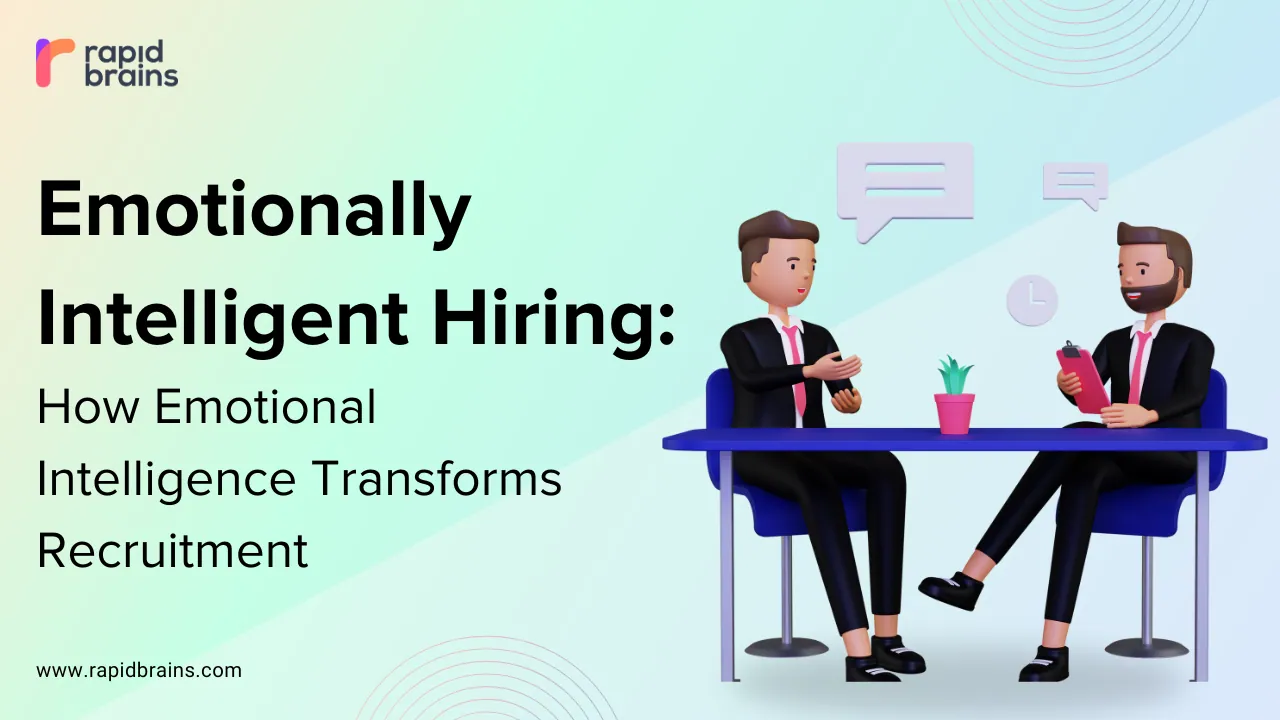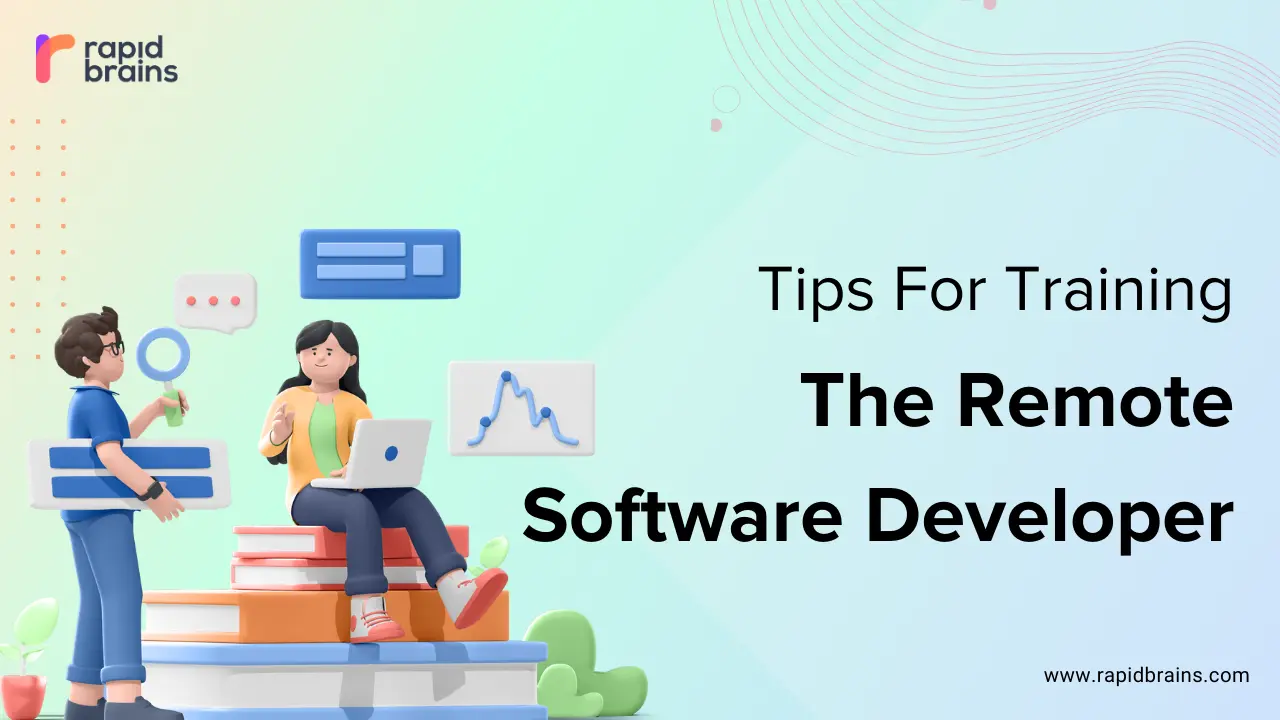
Introduction:
In today’s competitive job market, organizations are increasingly recognizing the significance of emotional intelligence (EI) when it comes to hiring the right talent. While technical skills and experience are essential, employers are placing a greater emphasis on candidates’ emotional intelligence as a crucial factor in predicting their success within a company. This blog post explores the role of emotional intelligence in recruitment and sheds light on why it is a vital attribute to consider during the hiring process.
Understanding Emotional Intelligence:
Emotional intelligence refers to the ability to recognize and manage emotions, both in oneself and in others. It encompasses various skills such as self-awareness, self-regulation, empathy, and social skills. Candidates with high emotional intelligence possess the capacity to understand their own emotions, navigate social interactions effectively, and adapt to changing environments. These qualities make them valuable assets to any organization.
The Impact of Emotional Intelligence in the Workplace:
- Improved Communication: Candidates with strong emotional intelligence have excellent communication skills. They can convey their thoughts and ideas clearly, listen actively, and resolve conflicts constructively. This ability fosters a positive work environment and enhances teamwork.
- Effective Leadership: Leaders with high emotional intelligence inspire and motivate their teams. They can understand the needs and concerns of their employees, provide constructive feedback, and manage conflicts efficiently. Such leaders create a supportive atmosphere that encourages personal growth and employee engagement.
- Adaptability and Resilience: Emotional intelligence enables individuals to adapt to change and bounce back from setbacks. In today’s dynamic business landscape, the ability to remain resilient and embrace new challenges is crucial. Candidates who demonstrate these qualities are more likely to thrive in fast-paced environments and contribute to the organization’s success.
- Enhanced Decision-making: Emotional intelligence plays a pivotal role in decision-making. Candidates with high EI can weigh the emotional and social factors alongside logical reasoning, leading to well-informed decisions. Their ability to consider multiple perspectives and manage emotions enables them to make choices that benefit the organization as a whole.
Integrating Emotional Intelligence in the Recruitment Process:
To identify candidates with strong emotional intelligence, recruiters can employ various strategies during the hiring process:
- Behavioral Interview Questions: Use behavioral interview questions that assess how candidates have handled specific situations in the past, such as conflict resolution, teamwork, and stress management. This approach provides insights into their emotional intelligence and problem-solving abilities.
- Role-play Exercises: Implement role-play exercises that simulate real-life scenarios within the work environment. This technique allows recruiters to observe candidates’ interpersonal skills, empathy, and ability to navigate complex situations.
- Emotional Intelligence Assessments: Consider utilizing emotional intelligence assessments as a complementary tool in the recruitment process. These assessments provide a standardized framework to measure candidates’ emotional intelligence, providing valuable insights for selection decisions.
Conclusion:
Emotional intelligence is a critical factor in building successful teams and organizations. While technical skills and qualifications are important, the ability to understand and manage emotions plays a vital role in creating a positive work environment and driving overall success. By incorporating emotional intelligence assessment techniques and emphasizing its importance during the recruitment process, organizations can unlock the potential of individuals who possess high EI, leading to greater productivity, innovation, and employee satisfaction.




